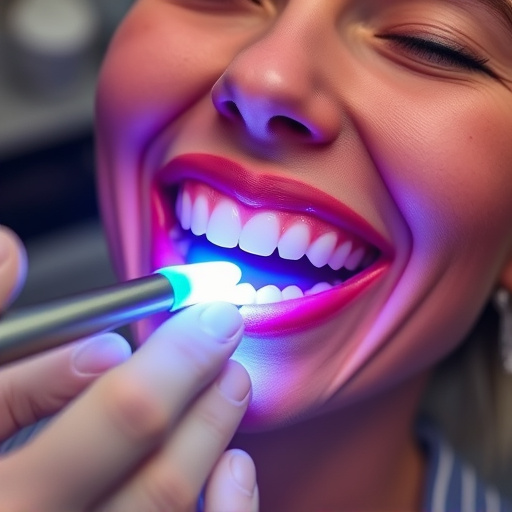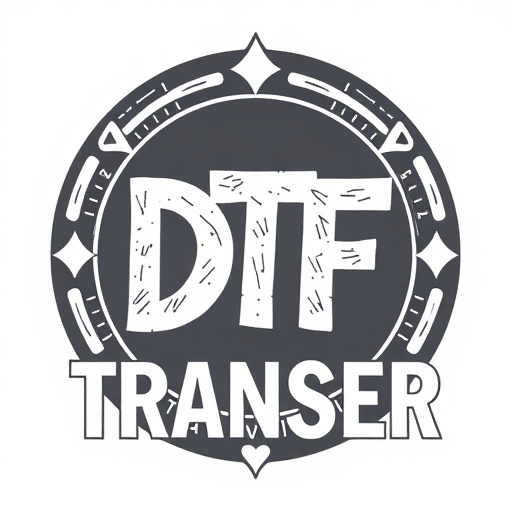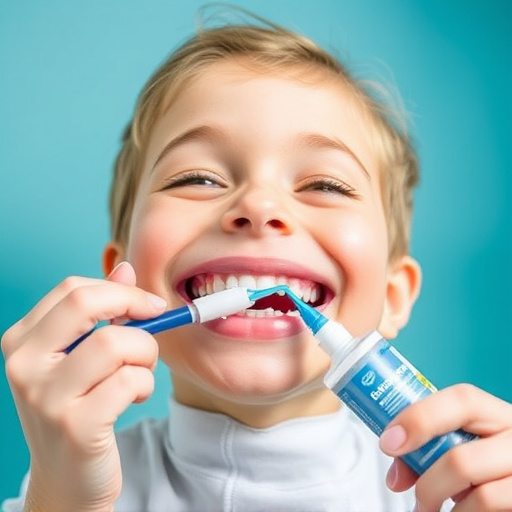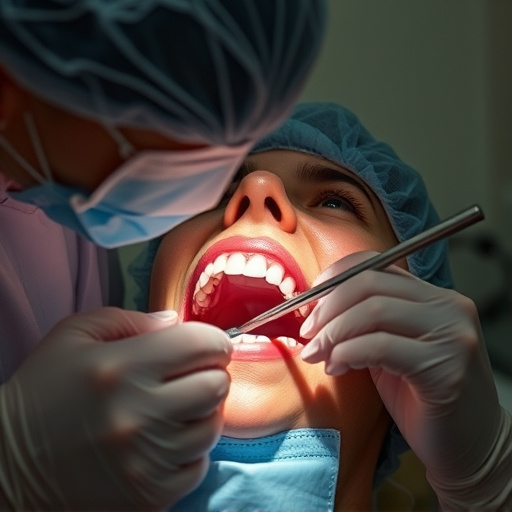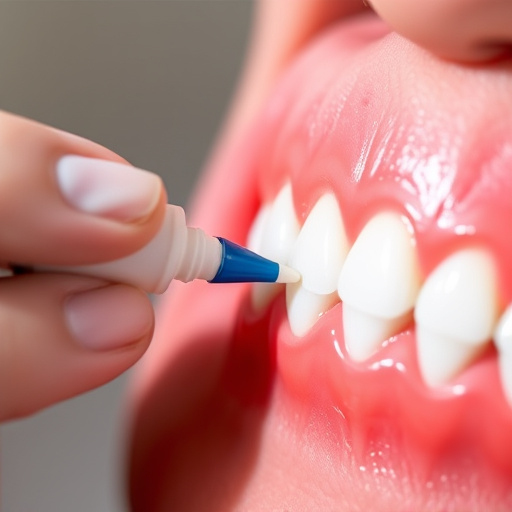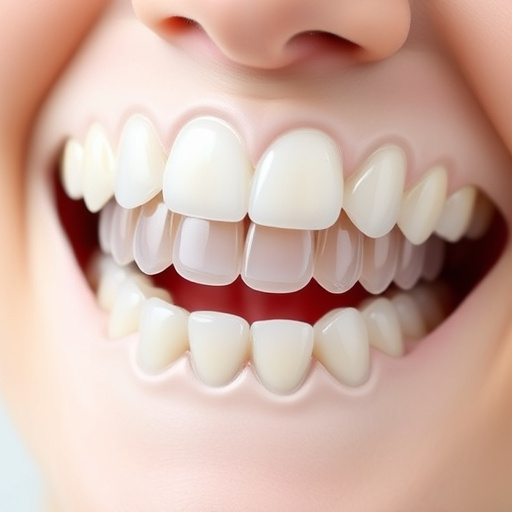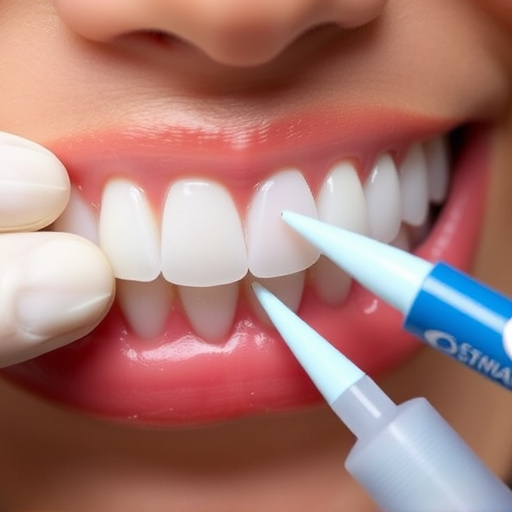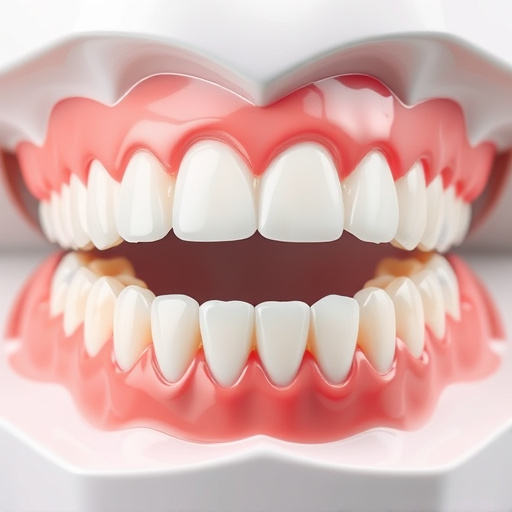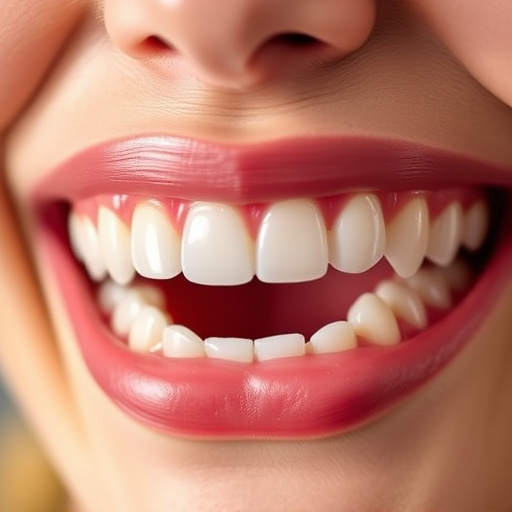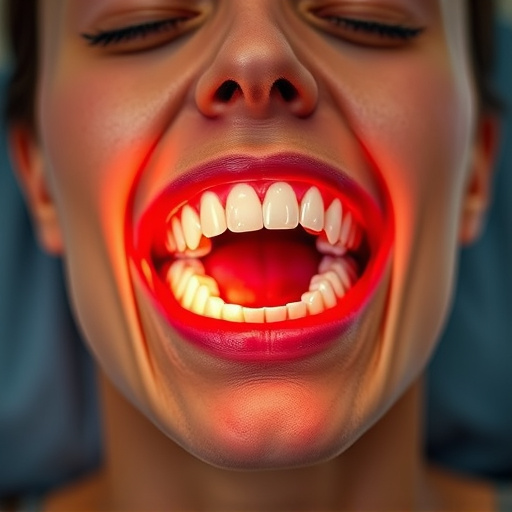A multilingual dental staff is crucial for urban practices, providing culturally sensitive care and breaking communication barriers. They enhance patient trust, diagnosis accuracy, and satisfaction, especially for non-English speakers, leading to improved oral health outcomes and habits. This staff fosters inclusivity, understanding diverse cultural beliefs, and ensuring tailored comprehensive dental care.
In today’s diverse urban landscapes, having a multilingual dental staff is no longer a luxury but an essential component for effective patient care. As communities become increasingly multicultural, dental practices that embrace language accessibility gain a competitive edge. This article explores how multilingual dental teams enhance patient experiences, foster trust, and improve overall oral health outcomes. We delve into the benefits of cultural competency in dentistry and its role in building inclusive healthcare environments.
- Enhancing Patient Care Through Multilingual Staff
- The Benefits of Cultural Competency in Dentistry
- Building Trust: Language Accessibility in Urban Clinics
Enhancing Patient Care Through Multilingual Staff

Having a multilingual dental staff is a game-changer for urban dental practices, as it significantly enhances patient care and accessibility. In a diverse city, where patients come from various cultural and linguistic backgrounds, a team that speaks multiple languages can bridge the communication gap, ensuring every individual feels comfortable and understood during their dental visits. This simple yet powerful step can lead to improved patient satisfaction and loyalty.
When patients, especially those with limited English proficiency, require complex procedures like tooth extractions or are seeking routine care through dental cleanings and preventive dentistry, multilingual staff members act as cultural advocates. They can explain treatments in a patient’s native language, address concerns, and provide after-care instructions, reducing anxiety and increasing trust. Such personalized attention fosters a welcoming atmosphere, encouraging patients to maintain regular oral health routines.
The Benefits of Cultural Competency in Dentistry
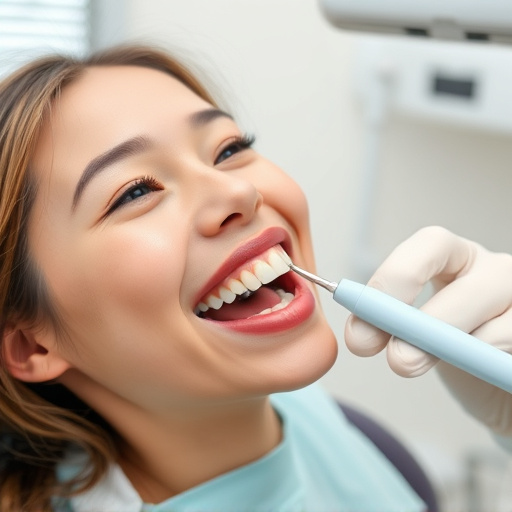
Having a multilingual dental staff brings significant advantages to urban dental practices, fostering an inclusive and culturally sensitive environment. Cultural competency in dentistry goes beyond basic communication; it involves understanding and appreciating diverse cultural beliefs, traditions, and behaviors related to health and oral care. This is particularly crucial in urban areas where patients come from various ethnic backgrounds, each with unique healthcare perspectives.
When dentists and staff members share the same linguistic background as their patients, it facilitates better understanding and trust. It allows for more precise diagnosis, effective treatment planning, and improved patient satisfaction. Moreover, cultural competency ensures that patients receive not just teeth cleaning and dental fillings, but also comprehensive dental care tailored to their specific needs, ensuring long-term oral health and well-being.
Building Trust: Language Accessibility in Urban Clinics

In urban dental practices, building trust with diverse patient populations is paramount to success. One of the most effective ways to achieve this is by ensuring language accessibility through a multilingual dental staff. Patients from various cultural backgrounds often face communication barriers that can lead to misdiagnosis, mistreatment, or even avoidance of necessary dental care. When patients can communicate freely and comfortably in their native language, they are more likely to share detailed medical histories, actively participate in treatment plans, and follow post-procedure instructions, ultimately leading to improved health outcomes.
A multilingual dental staff not only facilitates clear communication but also fosters a sense of comfort and cultural understanding. This is particularly important for family dentistry, where patients often bring children or older relatives who may have unique language needs. Moreover, in situations involving complex procedures like tooth extractions or intricate tooth repair, precise communication is crucial to ensuring patient safety and satisfaction. By embracing multilingualism, urban dental clinics can better serve their communities, promote inclusivity, and ultimately enhance the overall dental care experience for all patients.
In today’s diverse urban landscapes, having a multilingual dental staff is no longer a luxury but an essential component for enhancing patient care and building trust. The benefits of cultural competency in dentistry are clear: it improves accessibility, fosters understanding, and ensures quality care for all patients, regardless of their linguistic background. By embracing multilingualism, dental practices can revolutionize patient experiences and become the cornerstone of their communities.



